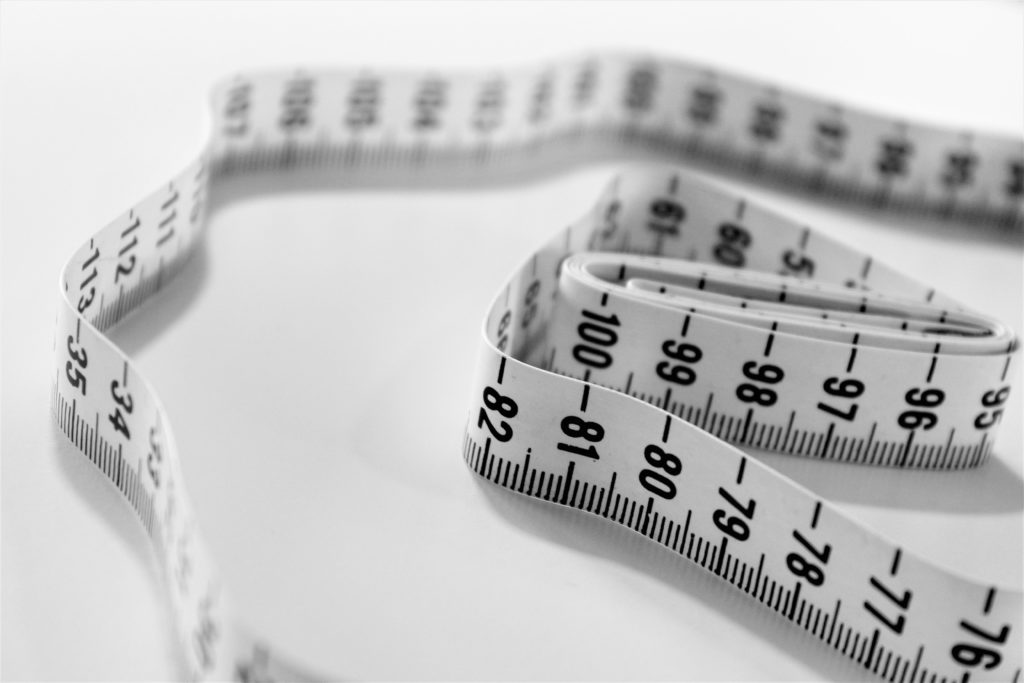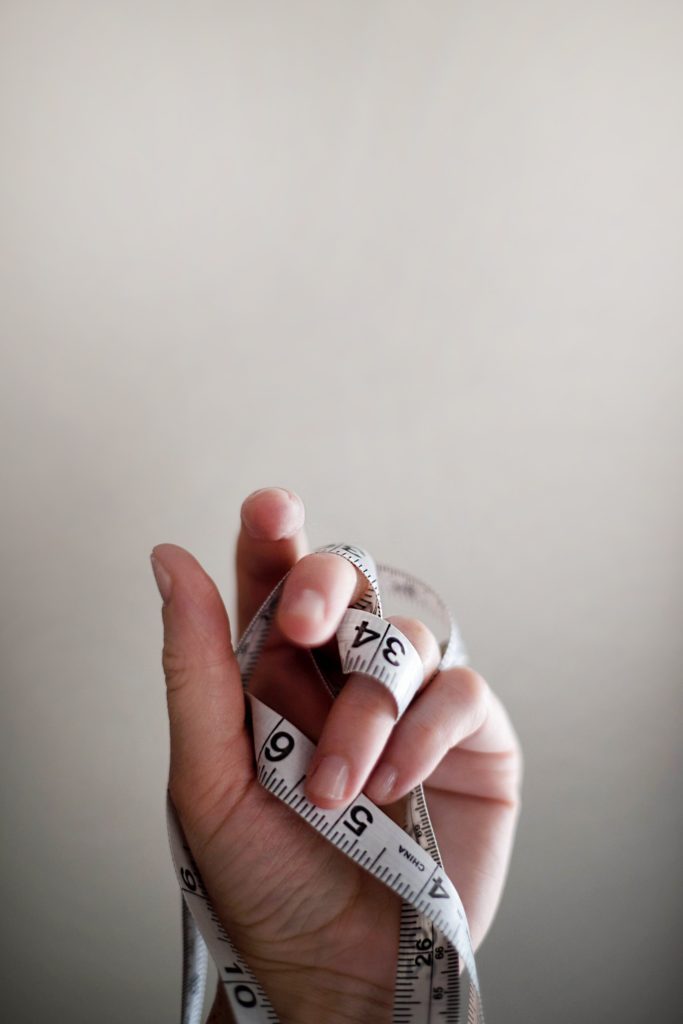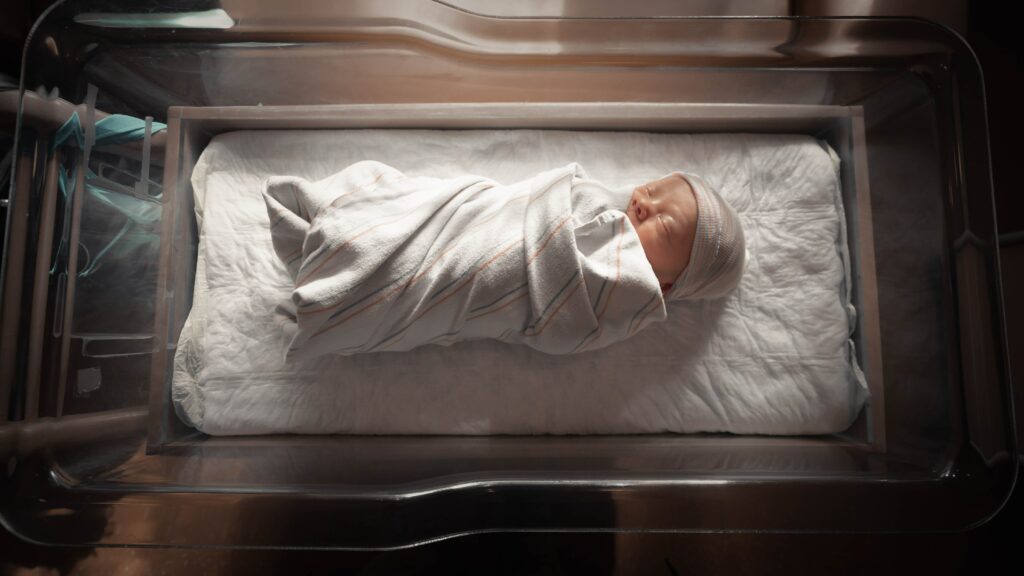The Realities of Dieting

Recently, I started a cut, or fat loss phase, after almost four months of living in a caloric surplus to gain muscle, shape my physique, and train my glutes and hamstrings to volume. I have brief documentation of my process HERE, but there’s a lot more to come because it has been a REALLY insightful and eye-opening process.
I spent the last few weeks of my surplus thinking about my approach to the upcoming cut, and all of the habits, and lifestyle changes that would need to be implemented to achieve adherence. It got me thinking about the realities of dieting, and why it can be so hard.
I’d first like to start with a disclaimer…
It’s important to remember you don’t HAVE to diet.
I firmly believe there’s a right and wrong time to diet, and there’s the right time to maintain your current body and lifestyle. You don’t have to live your life in a caloric deficit, and in fact, you SHOULDN’T for years on end. You can’t be shredded and lean all year long if you have goals surrounding strength or aesthetics. If you’re not fluctuating, you’re not LIVING, bishes. And if you’re not fluctuating, you’re most likely not making any gains!
If your goals require any fat loss, then you have to buckle up and get comfortable confronting your goals and the work that’s necessary to make them a reality. If you decide that a diet or any nutritional structure is right for you, then keep on reading. Just make sure you’re doing it for the right reasons, and not because society or someone else is telling you too.
And then I’d like to make another disclaimer…
I want to be ABSOLUTELY CLEAR none of the below is to be confused with disordered eating, anorexia propaganda, or starvation. A mindful diet or cut is a scientific, intentional, and controlled process, it is NOT a dysmorphic or related mental illness. If you feel you’re unable to control your urges or issues with control around food, this is NOT the platform for you. I urge you to seek professional help and work on healing your relationship with food before thinking about anything else.
I feel a lot better now that I have both of those sentiments off my chest.
The Problem with Dieting
The problem with dieting is most are fundamentally misunderstood, and for a good reason. For every fad, there’s a diet, for every “superfood,” there’s a system, and there are DECADES of marketing (falsely) advertising the fat-burning power of tiny pills. Furthermore, we live in a time with every modern convenience. We don’t have to wait for anything or displace our comfort for that matter…So when something requires a level of discomfort AND takes forever?!
Well, ha, we are hard-wired to resist.
Realize that Dieting is Hard
There’s no way around it; dieting is hard for MANY reasons. Changing your body is hard, and losing fat is hard. If you read THIS post on energy balance, you’re familiar with just what it takes to execute a deficit and why it’s necessary. Diet isn’t the only thing required for a healthy weight loss, but it’s the ONLY thing that matters for your results.
Does that make sense? If you’re doing all the right things, BUT overeating, you’ll never find success. That’s just science, and that’s just how it is.
Let me say that another way in a different context.
Regardless of your dieting phase, your training should be the same. Meaning, your consumption is the true gamechanger.
The principles of dieting are easy, it’s the execution that’s so tough, and no one really talks about that. Regardless of the method, it’s hard, and it’s uncomfortable. It’s important to understand that even though it’s hard, that doesn’t make the process dangerous, good, or bad, it just is.
Breaking Down WHY Dieting is Hard
The challenges described above doesn’t stop at feeling hungry. Your approach, mindset, and preparation have to be inclusive to ALL facets of your life and energy.
The more prepared you are, the less off guard you’ll be, and the more ready you’ll feel. The more prepared you are, the more equipped you’ll be to handle the obstacles that come your way.
- Mentally: The second you say, I’m going to diet, ALL YOU WANT TO DO IS EAT. Your brain is programmed that way. If you say, I’m not eating cake, all you want is fahkin cake. That’s normal and BIOLOGICAL. It doesn’t mean you HAVE to eat cake. It just means you had a thought about cake, and that’s it. Read more here.
- Physically: It takes a ton of time, planning, organization, and preparation to execute a diet. You HAVE to grocery shop, cook, pack your food, and give yourself enough time to accomplish all of those commitments. Your behavior has to change; therefore, your calendar has to reflect the additional time you need to dedicate to those tasks, and change is hard. Change is tiring. Make time for all of it, including downtime and SLEEP.
- Emotionally: It’s stressful to diet while being social, dating, or working in a job that requires a level of entertaining or hospitality. It’s HARD to emotionally detach from food, and sit with the discomfort of breaking habits you’ve practiced for years, read: snacking while watching TV, or drinking ten drinks during a night out. As humans, we crave connection, and so much of that is over food and drink, so you have to find that connection in a different way OR become okay without it.
- Energetically: You’re consuming fewer calories, and therefore, the energy you are consuming goes to your body’s survival. You’ll be tired at times. You probably won’t be as sexually charged as you usually are. You may not feel as strong in the gym. Very common, and expected.
If you don’t anticipate the above, you’re coming out of the gate with a disadvantage. Dieting doesn’t just happen, it takes so much work, and it’s just as much a mental and emotional game as it is a physical process. None of it is BAD. It just is.
Unfortunate Truth #1: You WILL be Hungry…You’re dieting!
Most people aren’t able to adhere to a plan because they panic at the faintest sign of hunger. Food thoughts and mild physical hunger naturally accompany a deficit, and in fact, that’s usually the first sign of an actual deficit. When your hunger inevitably strikes, know this: You can acknowledge it without doing anything about it.
Read that again.
You can sit with mild hunger or discomfort and not eat. You can think about a craving or a desire to eat an indulgement meal without eating it! Regardless of your method, you will have moments where you’re hungry. Caloric management is so important, and if you’re tracking, you will have to sacrifice, but it’s NOT a reason to quit.
Unfortunate Truth #2: It WILL take Longer than You Want it to
It bears repeating, changing your body is HARD, and it takes a fahkin long time. It will take a lot longer than you want it to, and that’s just how it goes. If you think it’ll take 8-weeks, it’ll probably take 12. If your timeline is 6-months, it’ll probably take a year. And if you have a significant amount of weight to lose, you’re looking at 12-18 months (at least). You have to condition yourself to be patient, and you have to accept it.
Your progress won’t be linear, because you won’t be perfect! You’ll have weeks where you’re super social, or traveling for work, and in those cases, you will never RUIN your progress, but you will delay it. That’s a fact of life, and it is NOTHING to beat yourself up over.
Because it takes a long time, and it’s going to be hard (per the above), you cannot rely on motivation to fuel your fire because it will run out, and that is NORMAL. It’s cyclical and ebbs and flows and therefore isn’t reliable. At the beginning of a goal or experience, we usually have that surge of motivation, and it feels great – but it dissipates, so we can’t depend on motivation to fuel our fire.
Discipline, however, is the muscle to flex. By committing to a plan and executing it regardless of time, weather, mood, or any other external circumstance, you create habits and routines that form a lifestyle. And that action, WILL produces results of some form – mental, physical, or emotional. And results are the ultimate motivator. So while motivation and discipline go hand in hand, motivation isn’t the key as so many times we give it credit to be – discipline is. Know what you have to do and commit to doing it, whether you want to or not.
Unfortunate Truth #3: You WANT it to take longer than you want
I can’t tell you how many clients I speak with who claim they’re “not losing weight,” and then as we unpack their process, they say, “Well, I mean, I’m losing a half-pound every week” or “The scale moves, but really slowly.”
Hello? THAT IS PROGRESS. That’s the progress you WANT. Don’t be frustrated, be encouraged!!
The faster you lose weight, the less sustainable your lifestyle. The quicker you lose weight, the more your body is primed and optimized to gain fat. That’s why yo-yo’ing is a thing. You can lose a ton of weight quickly, and gain it back even quicker if:
- Your deficit is extreme
- Your deficit robs you of your quality of life
- You’re hungry all the time
- You’re unable to engage in daily life or daily activities to “stay on track.”
Yo-yo’ing becomes a problem for MANY reasons. Anatomically speaking, the problem lies in the continual cycling of weight gain. Each time you put on weight, you build new fat cells. Therefore, you not only have more significant potential to store more fat, but dieting will be harder and harder. Fat cells NEVER disappear. They only multiply or shrink.
Slow progress is the best progress; trust me. This is a LONG game.
Unfortunate Truth #4: It WILL be a Trade-off…for a Little While
If your focus is weight loss, something has to be put on pause or take a back seat. Maybe that’s staying in while the rest of your friends go out, or meeting up with them after dinner, and leaving after having one drink.
Here’s something that isn’t often talked about when dieting, or really, with any goal. GOALS ARE SACRIFICES. And when the going gets tough, it can be really easy to resent your goals, the process, and even yourself when you feel like you’re “missing” out on everything life has to offer. In those moments, it’s crucial to think about what you’ll gain in the long run, you know?
And it’s not just the weight loss, it’s the ease of the process because the longer you do it, and the better you become, the easier it is.
So you push through the initial uphill phase, and before you know it, the hill (while still going up) isn’t as steep.
Unfortunate Truth #5: To be Successful You Have to Detach Emotionally
The #1 challenge women have with food is emotional and stress eating, which often leads to binging or overeating. This behavior is often triggered by a person’s environment, past experiences, or current state of mind. The only way to avoid it is to be mindful, understand your triggers and know the difference between emotional and physical hunger. While changing your body is an emotional process, the actual act (and science behind it) is not. It’s just that, science. I encourage anyone to view it for what it is and take your emotions and sensitivities out is of it. That’s just me.
Physical Hunger is:
- Located in your stomach
- Builds up over time
- Is satisfied with any food and is not craving specific
- Physically manifests in the form of growling stomach, or lightheadedness, the shakes, etc.
Emotional Hunger is:
- Located in your thoughts
- Triggered by events, without build-up
- Craving oriented, and TEMPORARILY satisfied with by a craving
- Without any physical manifestations (like a growling stomach)
See the difference? When you’re dieting your body WANTS to eat, and you HAVE to feed it, but your success will is found in your ability to do so appropriately.
In conclusion
Dieting is hard, and it’s supposed to be. It’s not for everyone, and it shouldn’t be a lifelong, yearlong endeavor. Social media does an incredible job of showing before and afters, but most of the time doesn’t display or discuss the hardship the subject had to overcome to get to where they are. The above is a basic overview of why dieting can be so hard, but that doesn’t mean it isn’t rewarding. It is if you’re willing to honor the commitment and remember that happiness comes from within. Everything else is just the cherry on top. EXCUSE YET ANOTHER FOOD PUN!! Fin.







Responses